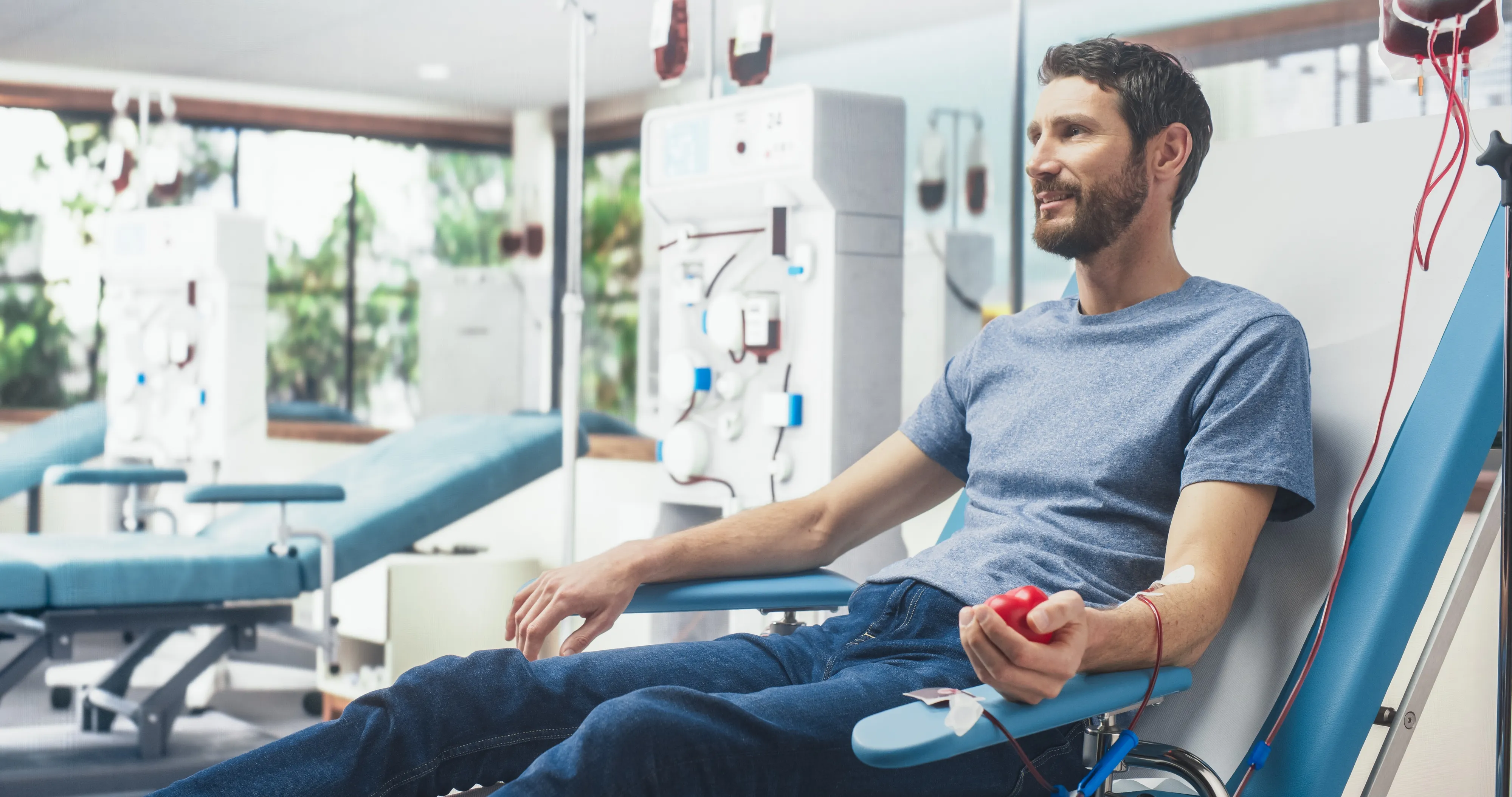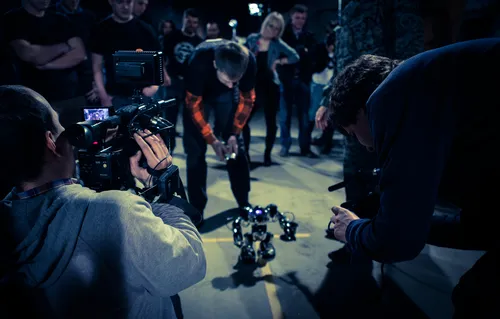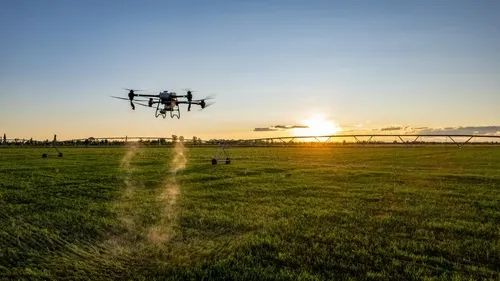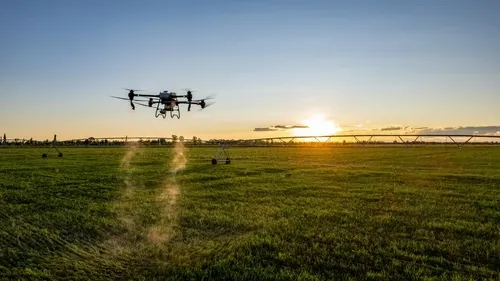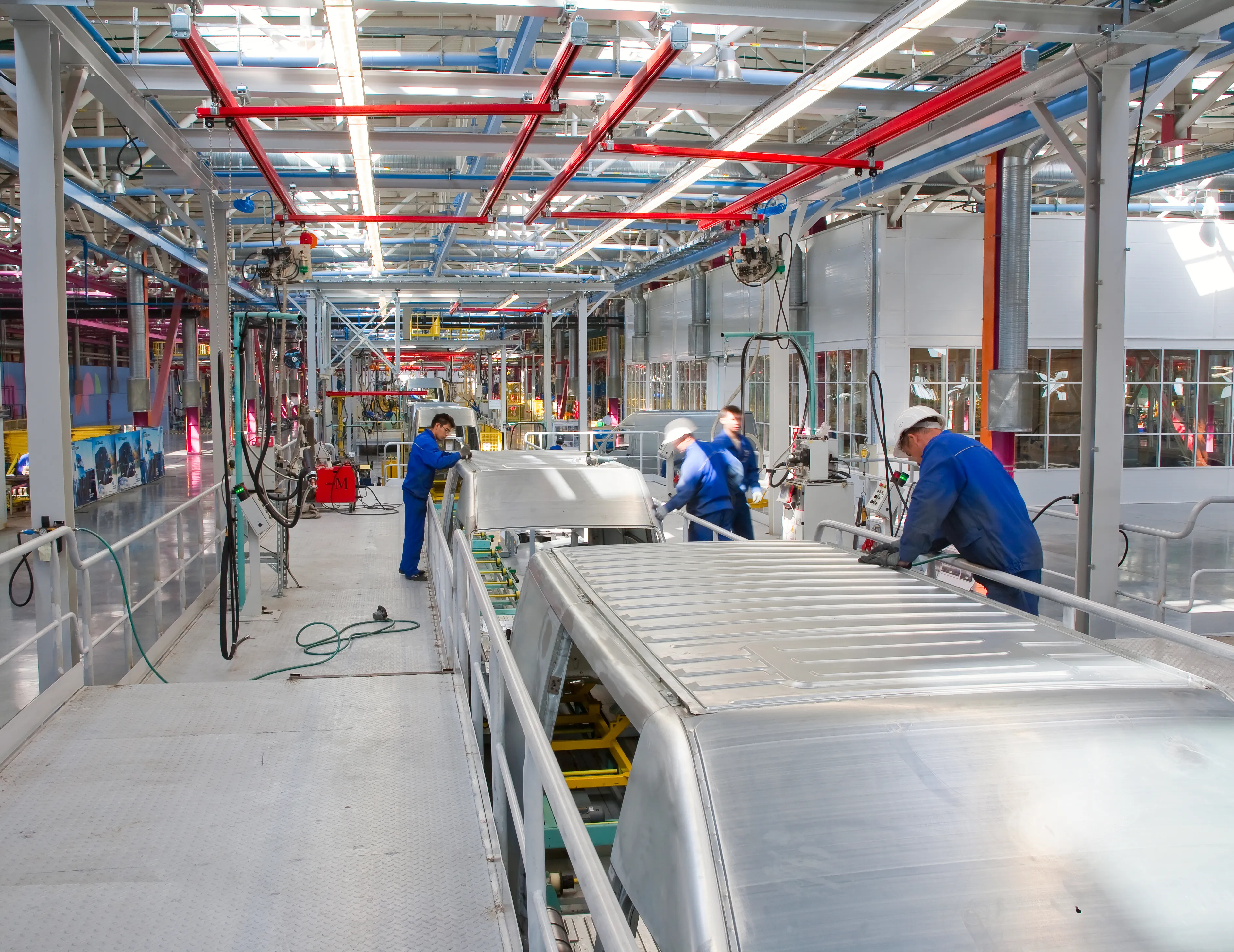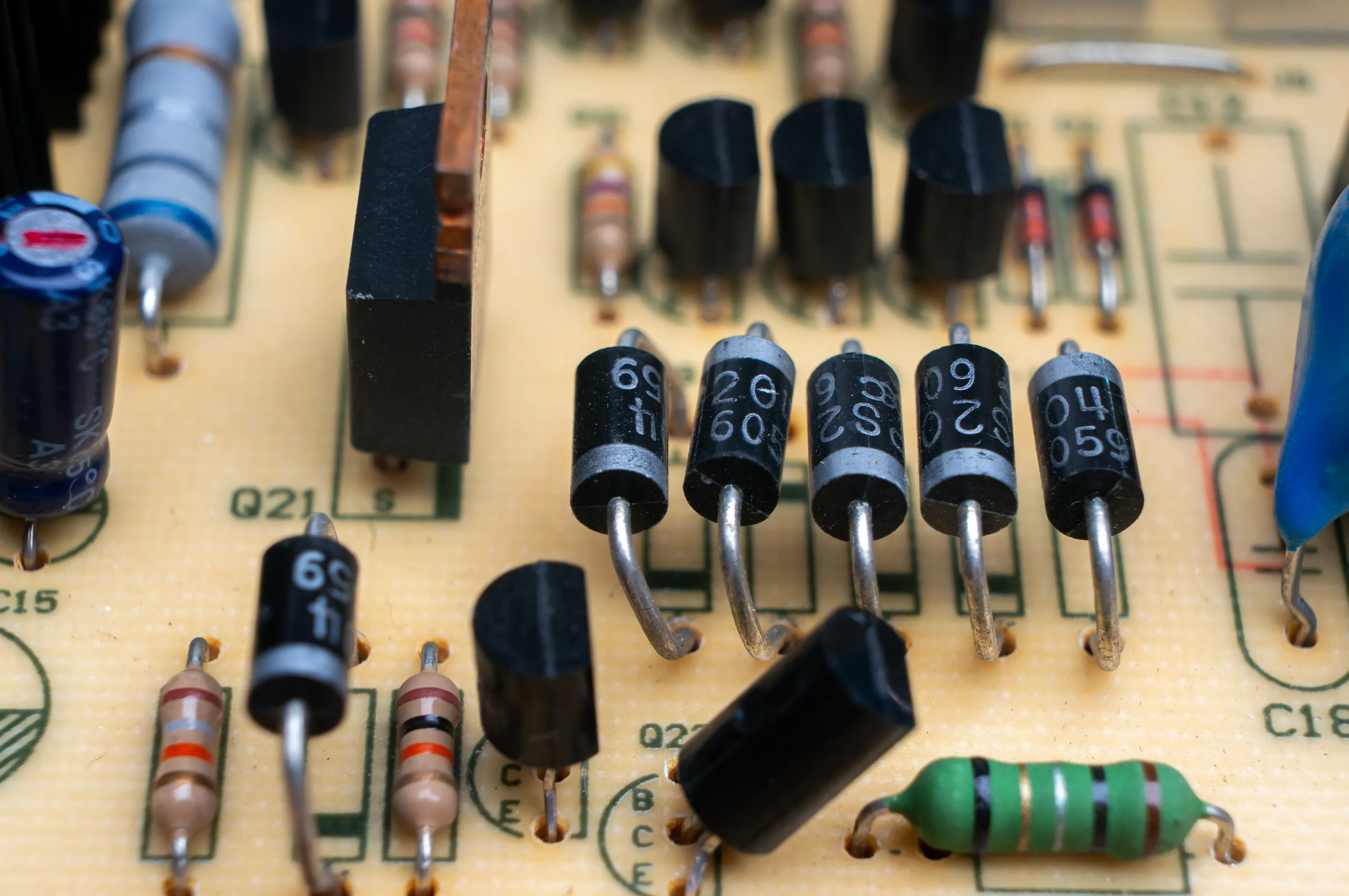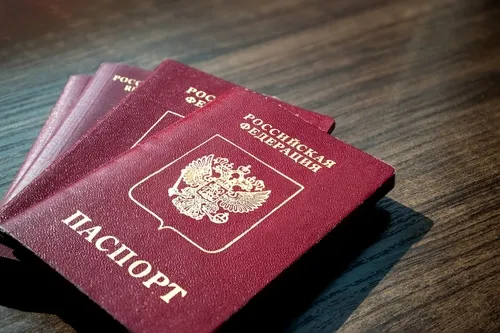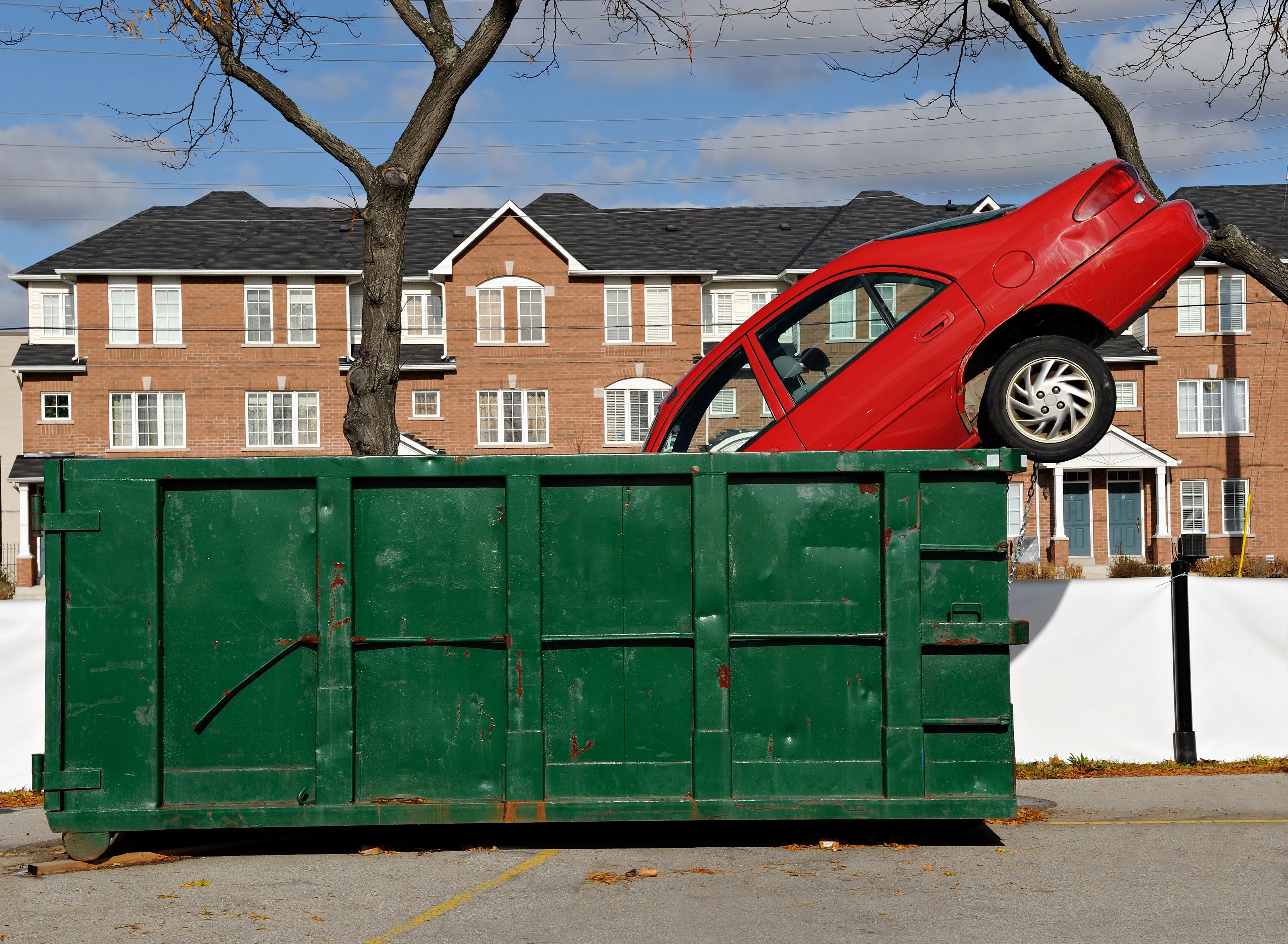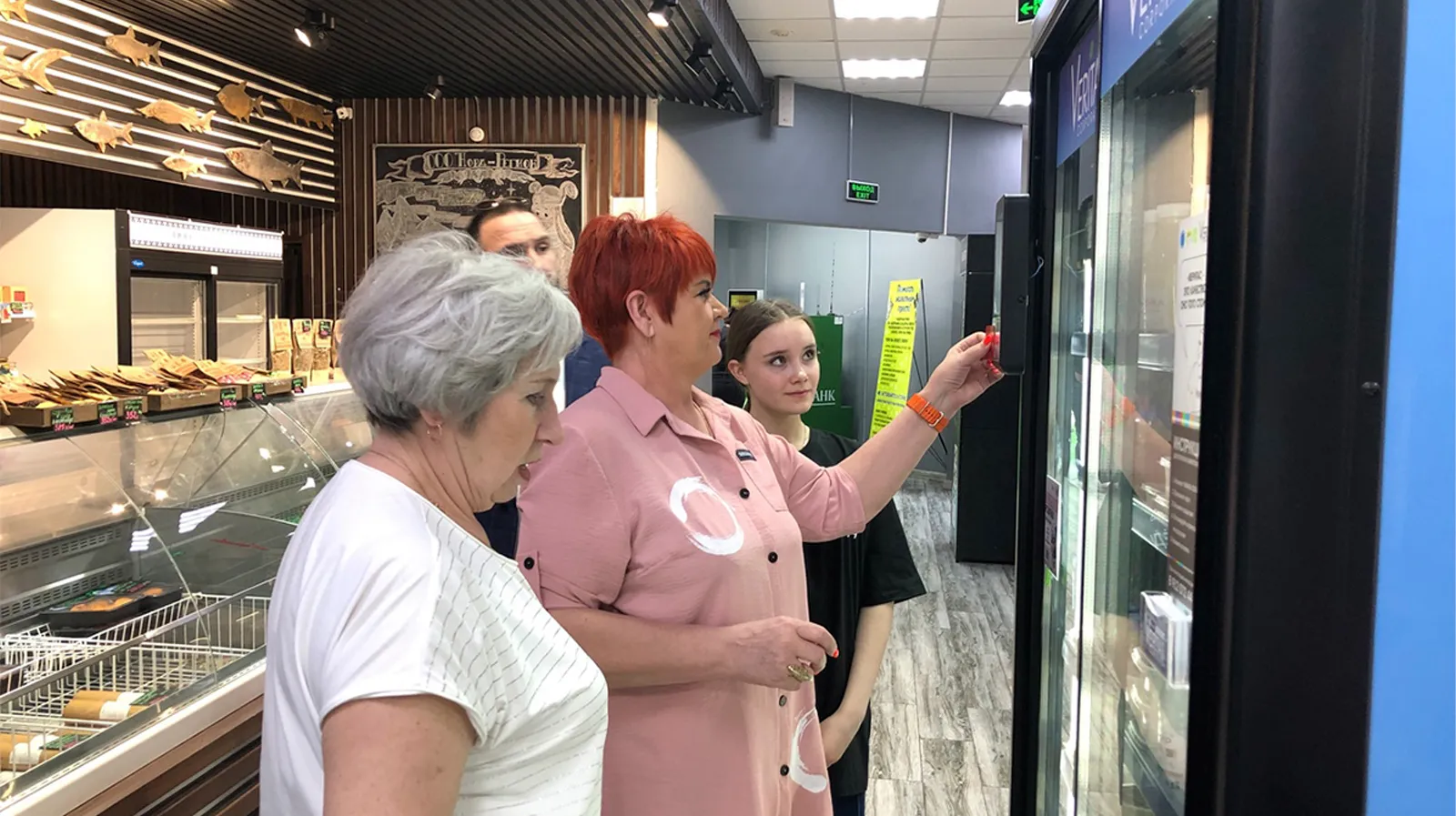Russia’s ‘Kolokol’ Device Is Automating Blood Processing—Down to the Last Drop
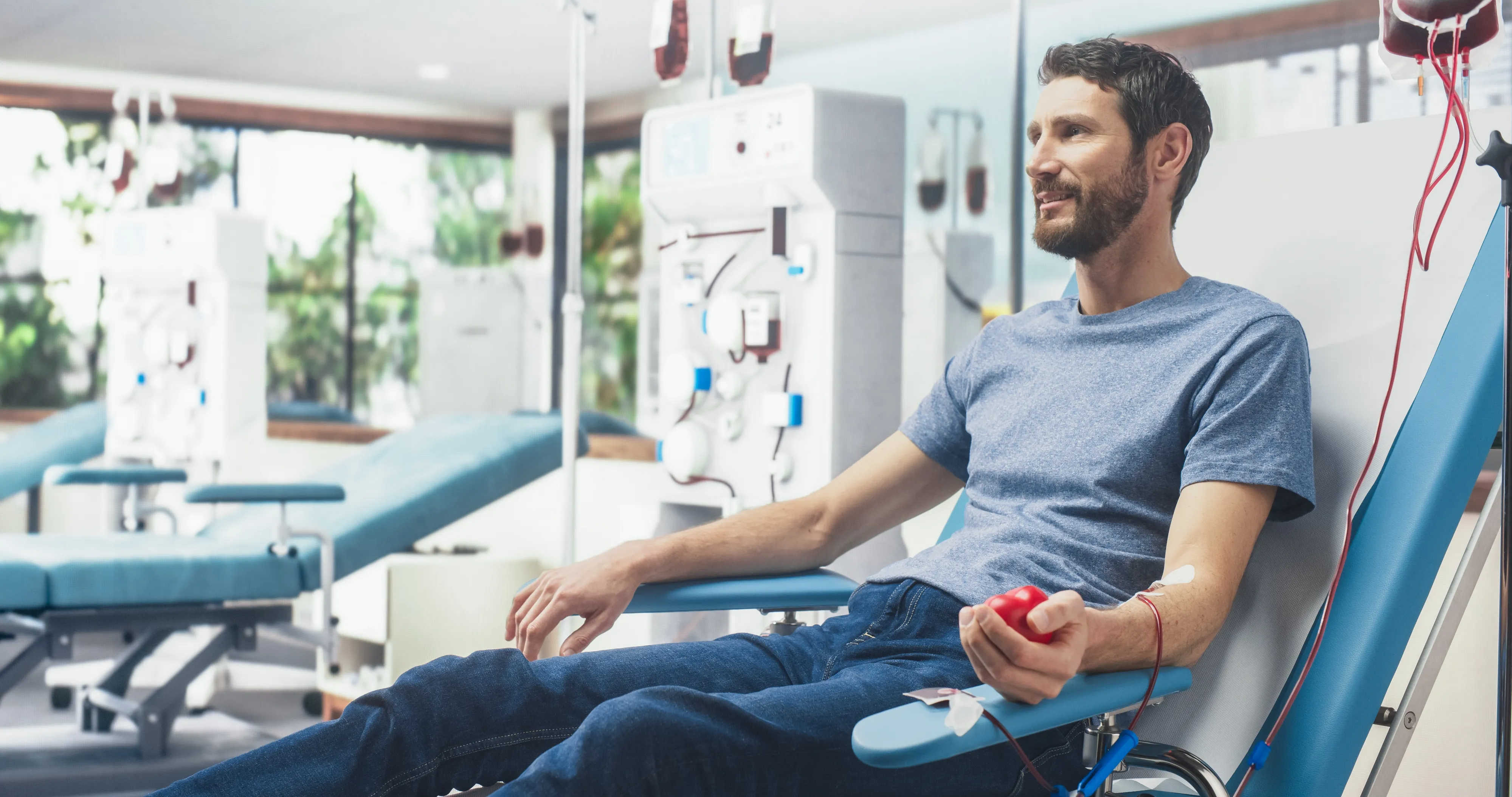
The country's donor infrastructure is getting a digital upgrade, making transfusions safer and smarter.
In Russia, the science of blood collection is undergoing a quiet transformation—one automated droplet at a time. With around 4,000 people requiring transfusions daily, according to the Federal Medical-Biological Agency, the nation is turning to advanced medical tech to streamline and secure every stage of blood donation.
At the heart of this shift is a homegrown innovation called Kolokol—a fully automated device designed to handle blood with clinical precision. Once a technician performs the initial venipuncture, Kolokol takes over: drawing the blood, separating it into components like plasma, proteins, and water, and sending the plasma directly into a cryogenic chamber cooled to –35°C.
From Venipuncture to Quarantine—All on Autopilot
But the process doesn’t end there. That plasma remains under strict quarantine for 120 days, a window long enough to detect potential infections—even those with extended incubation periods. Only after passing that test does the sample make its way to regional medical facilities.
The tech doesn’t stop with standard procedures. For rare blood types, Russia is deploying specialized cryo tanks capable of preserving samples for up to ten years, ensuring even the most unique biological assets are readily available in emergencies.
Zero-Touch Efficiency, Maximum Safety
With Kolokol, the manual steps in blood processing are nearly eliminated, reducing human error and boosting the reliability of results. It’s a sign of how Russia is using automation not just to digitize public health—but to fortify it.
As global healthcare systems wrestle with aging populations, pandemic preparedness, and blood supply shortages, innovations like Kolokol signal a new era: one where national infrastructure meets biotechnology, and every drop counts.




